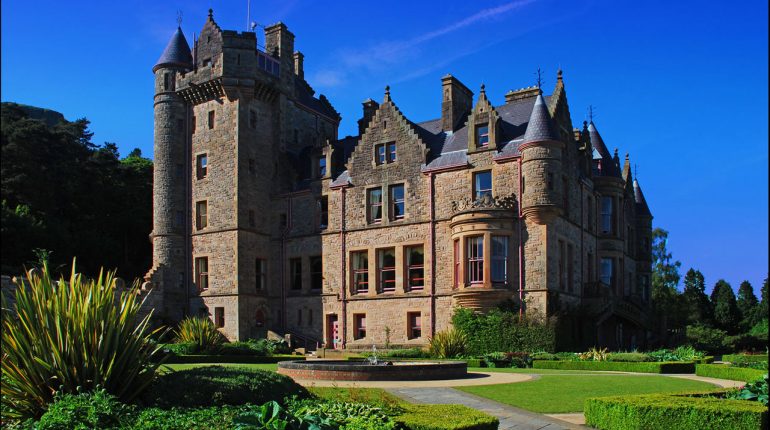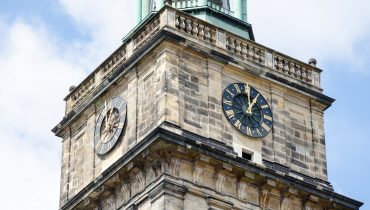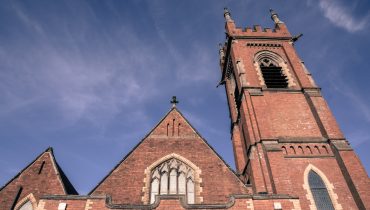
It is worth noting that Ireland enjoys a strong history in the Catholic faith. As a result, a vast majority of Irish people are Catholics. On the other hand, the immigration of the English and Scottish Protestants, especially in the Northern parts of Ireland, destabilized the catholic supremacy in many ways. It is believed that the settlement was quite effective, but the remaining Catholics who felt disfranchised started several uprisings.
After a long period of guerrilla warfare, the English government agreed to give power to the native Irish people, who belonged to the Church of Ireland. The only condition, however, was that the Northern part of Ireland (Ulster) was to remain a member of Great Britain. This was easily achieved because majority of people in the Northern parts at the time were Protestants.
It is worth noting that the division among Ulster Protestants and their disagreement with the Catholics had a direct effect on the future of Protestants in Ireland. For instance, there were crucial differences between the two major sects of Ulster Protestants, who were most Presbyterians and Anglicans. The penal codes at the time seemed to favor the Anglicans and discriminate aga inst the Protestants and the Catholics. The penal laws served to force the Catholics and Presbyterian to join the Church of Ireland (Anglican), which was believed to be the state religion.
inst the Protestants and the Catholics. The penal laws served to force the Catholics and Presbyterian to join the Church of Ireland (Anglican), which was believed to be the state religion.
During the fight, some Protestants, mostly Presbyterians, feed to North America where things seemed to be more favorable. Other Presbyterians also returned to Scotland, where the Presbyterian Church was the state religion. Other Presbyterians became founders of the United Irishmen, which later morphed into a republican movement that was at the heart of the Irish Rebellion. The rebellion bore fruits, and the oppression of Presbyterian Protestants ended after the uprising.
The subjugation of Presbyterians ended after their win. Thanks to the relaxation of the penal laws. The industrialization of Belfast in the 19th century was a key attraction for Presbyterian immigrants from Scotland. This happened after the partition of Ireland when the government of Northern Ireland set to entice Protestants from the South or the Free State to relocate to Ulster. A large number of protestant accepted the offer and settled in the northern parts of the country.



